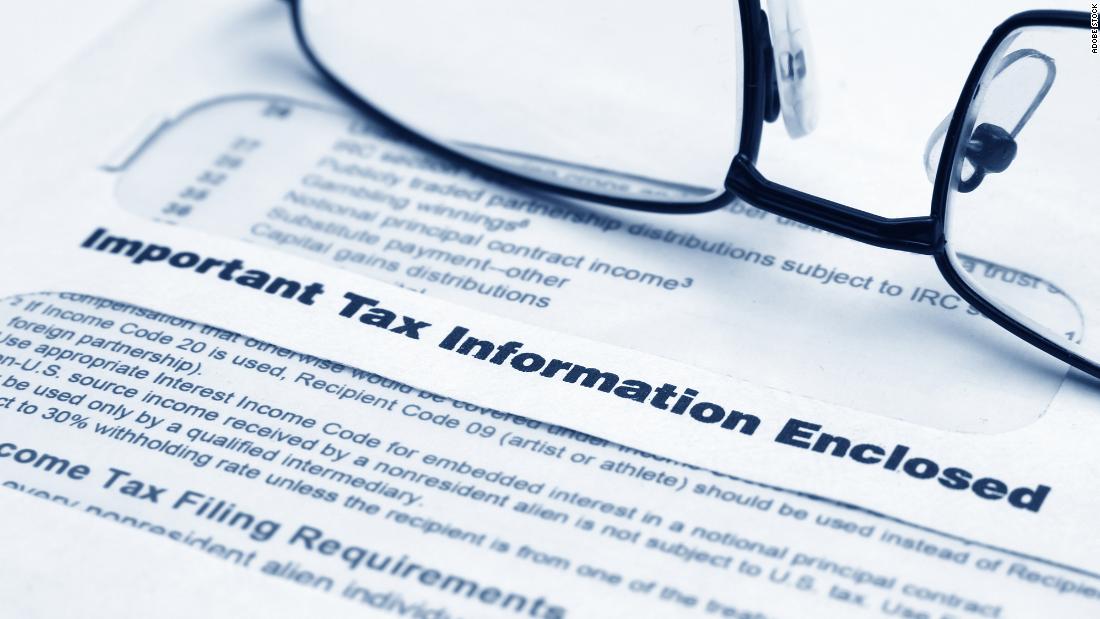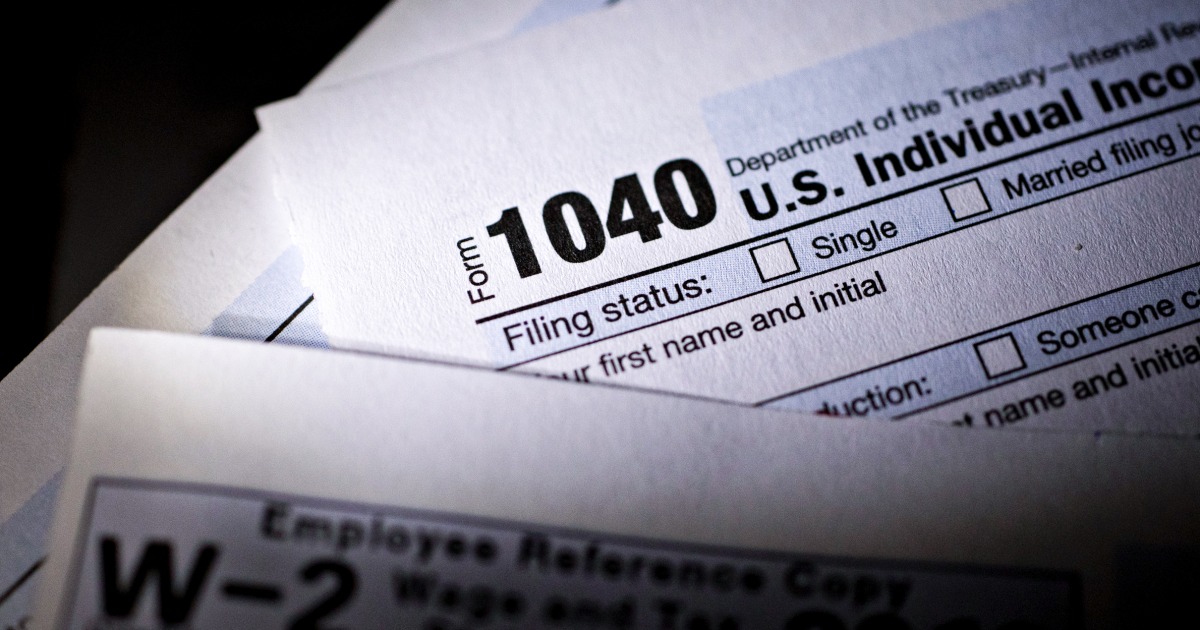IRS backtracks on facial recognition 1:07
(CNN) --
Imagine you filed and paid your taxes last year, only to get a letter from the Internal Revenue Service (IRS) months later saying you didn't.
That's what's happening to many taxpayers this year thanks to automatic notices sent by the IRS.
But if you got a warning, don't panic.
It's very likely that the IRS simply hasn't seen your return until now.
This is because he is dealing with a mountain of statements and correspondence that has accumulated over the last two years.
During that time, the agency had to deliver several rounds of economic impact payments and other financial aid for Covid-19, while trying to protect its employees from the virus.
Why will it take time to receive your US tax refund?
2:28
The good news is that you're not likely to get another notice for a while.
The IRS announced this week that it will temporarily suspend the issuance of more than a dozen different types of automatic notices indicating balances due, unfiled returns and other missing items, in order to resolve the backlog caused by the pandemic.
[This is the list of suspended notices].
Automatic notices often require the recipient to respond to them, for example, by filing a return, making a payment, providing requested information, or explaining why the notice is inaccurate.
But the IRS is too busy right now to respond in a reasonable amount of time.
advertising
Last year, the agency took an average of 199 days to process 6.2 million filer responses to proposed IRS adjustments to their returns, according to the National Taxpayer Advocate.
Donna Byrne herself, a tax consultant and enrolled agent, received a notice stating that she had not filed her 2019 tax return, even though she had, she said.
"He drives you crazy, because you know you did."
And trying to reach an IRS representative by phone to address an issue can seem futile: The agency has been fielding 1,500 calls a second, according to a recent IRS letter to lawmakers.
This week's announcement is a good first step, but there is still more to be done, according to the American Institute of Certified Public Accountants (AICPA).
The AICPA is part of a coalition of tax industry professional associations that has urged the IRS to implement four short-term recommendations to relieve tax filers this year, of which the suspension of notifications is one.
"We are encouraged by the recent steps taken by the IRS to suspend further automated notices and are pleased that the IRS is listening and acting. Taxpayers, professionals and the IRS will benefit from the reduction of unnecessary contacts, such as erroneous notices." or garnishment warnings, and will provide much-needed relief during an already stressful and overwhelming tax season," the AICPA said in a statement Thursday.
How to file your 2021 federal income tax return in the US
What to do if you received an automated notice
The IRS did not provide an estimate of how many taxpayers may have already received the automatic notices in recent months.
But he did note that some notices may still be on the way and may be in the coming weeks.
If you've already received a notice or are receiving one soon, "generally, there is no need to call or respond, as the IRS continues to process prior year tax returns as quickly as possible," the agency said in a statement.
That is, unless you or your tax advisor thinks the information in the notice is accurate.
In that case, the IRS said, "act to rectify the situation for the good of the taxpayer."
But Edward Karl, vice president of tax enforcement for the AICPA, recommends answering either way.
The letter should indicate where to send your response.
Otherwise, he said, "you might still get additional prompts when they turn the [push-notification] machine back on. And you better try to stop it as soon as possible."
Here's why, Karl said: At some point, if the claim is that you owe more in taxes and penalties and IRS records show you haven't responded at all, it could escalate to the point where the agency can garnish money from your salary or bank account.
I.R.S.








